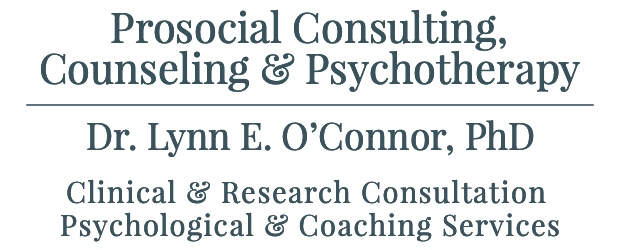Clinical Consultation
Work as a psychotherapist, counselor, or coach is rewarding: we get to see people overcome their problems and achieve their goals.
However all of us – no matter how long we’ve been working as providers – sometimes run into trouble. A patient withdraws, grows silent, gets angry – and we realize something’s gone wrong. It’s often at this point providers find themselves feeling worried, or frustrated, confused.
Sometimes we lose clients, along with our confidence. At moments, consultation is the clinician’s unique kind of therapy.
As we maintain our clients’ privacy and confidentiality, clinical work can be lonely.
Nothing is quite as confidential as the work of a professional mental health-care provider. To some extent, people are “paying us for silence” –-we can’t talk about our work experiences with anyone, anywhere. Our work is often lonely, we are the keepers of secrets. But consultation is the exception. The ethical and legal considerations unique to psychotherapy also apply to consultation.
In Consultation, we discuss whatever comes up in your life as a provider, in an entirely private setting, where you can safely discuss your work. Consultation breaks our sense of isolation; together we figure out what’s happening and how to overcome roadblocks.
Most –though not all– of my clients work long-term with their clients as long as the therapy remains helpful. While watching your clients overcome long-held problems and get better, so you’ll see your own practice thrive.
As we discuss your most difficult cases, going over details about a treatment or a session, we figure out what’s been going on with a client in terms of the transference and counter-transference. After solving a dilemma, clients have asked me: “How did you know that?”
I’m good at getting to the heart of a problem and heading off issues. Decades of experience –seeing my own clients and teaching and supervising hundreds of clinical students have equipped me to understand the problems you face, and the many ways you can overcome them. Most often you already know the solutions –you’ve just needed someone to listen, as you draw from your own experience and training. As you describe a clinical issue, your own skill and confidence emerge.
If you don’t already have a Consultant –it may be time for Consultation, it may be time to:
- Meet for a single-session consultation to solve a problem
- Meet in regularly-scheduled sessions, to follow your cases
- Join an ongoing consultation group
- Work on professional development, enlarging the scope of your practice and expanding the nature of your work
- Bring energy back to your “backburner cases”
- Problem-solve together, resolve case-specific dilemmas
- Make progress on other aspects of your work:
- Overcome procrastination
- Start writing the blog you’ve wanted to start, or the book you’ve been dreaming of writing
- Get into public speaking –Community Education

